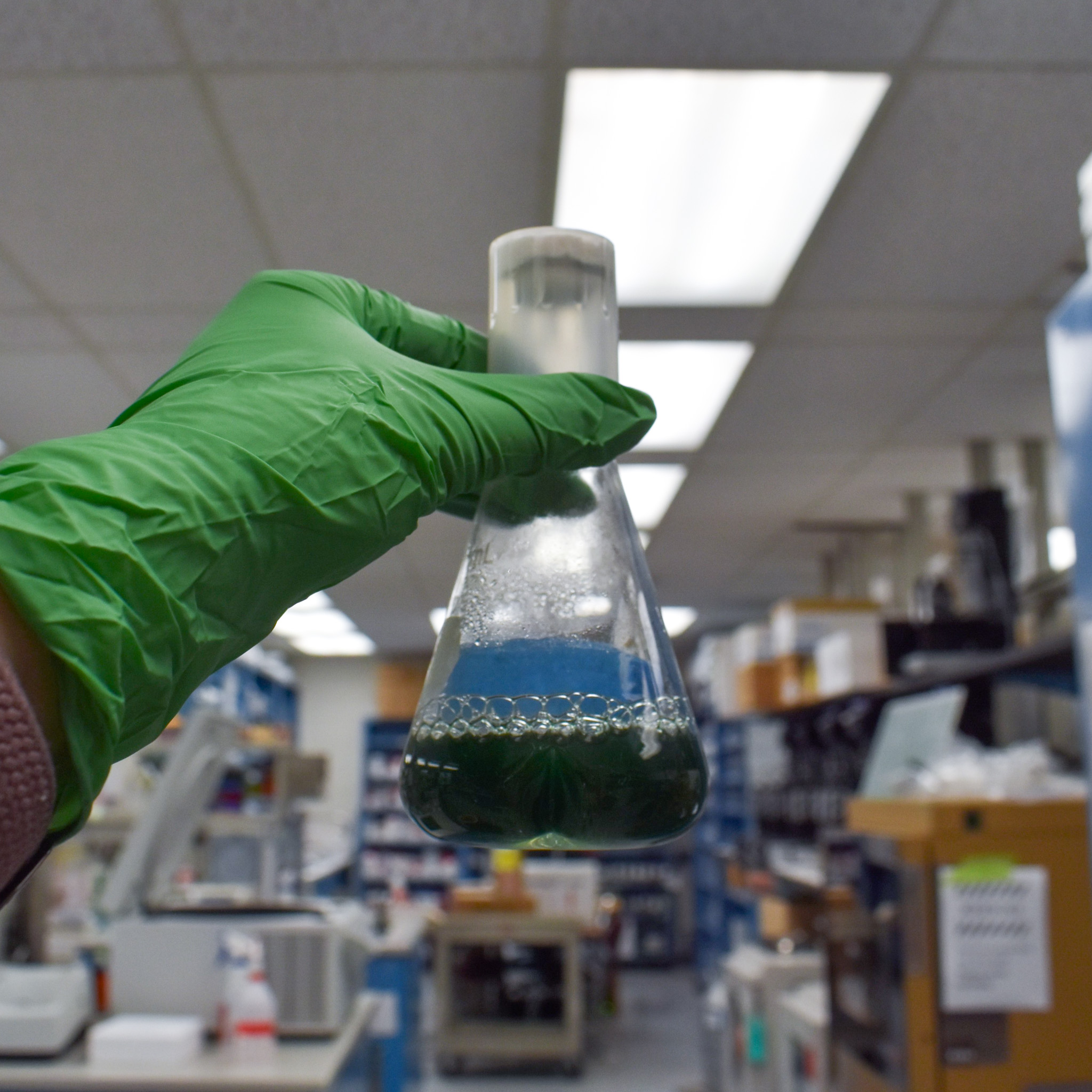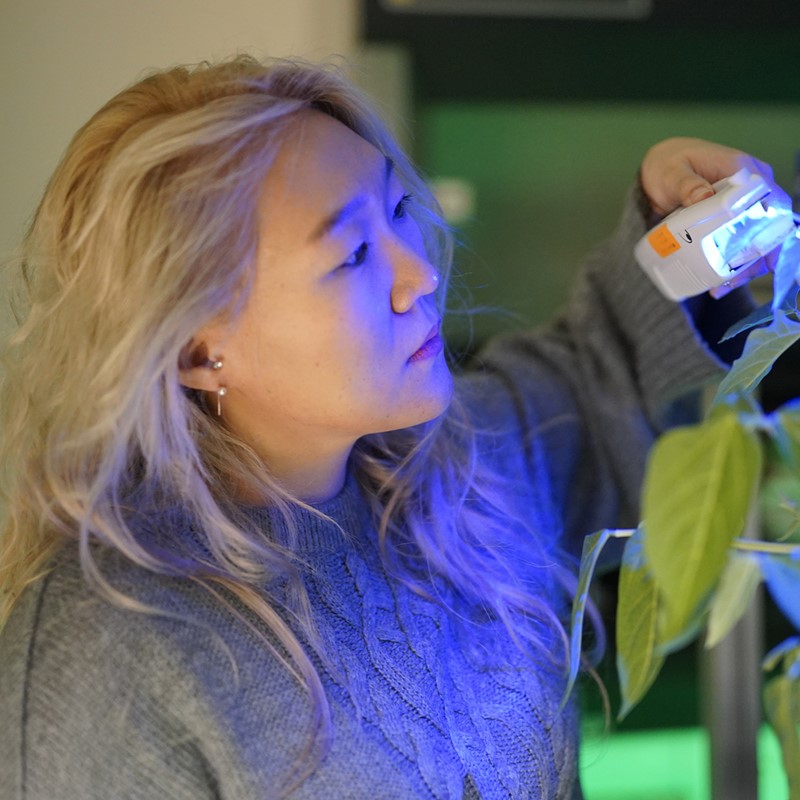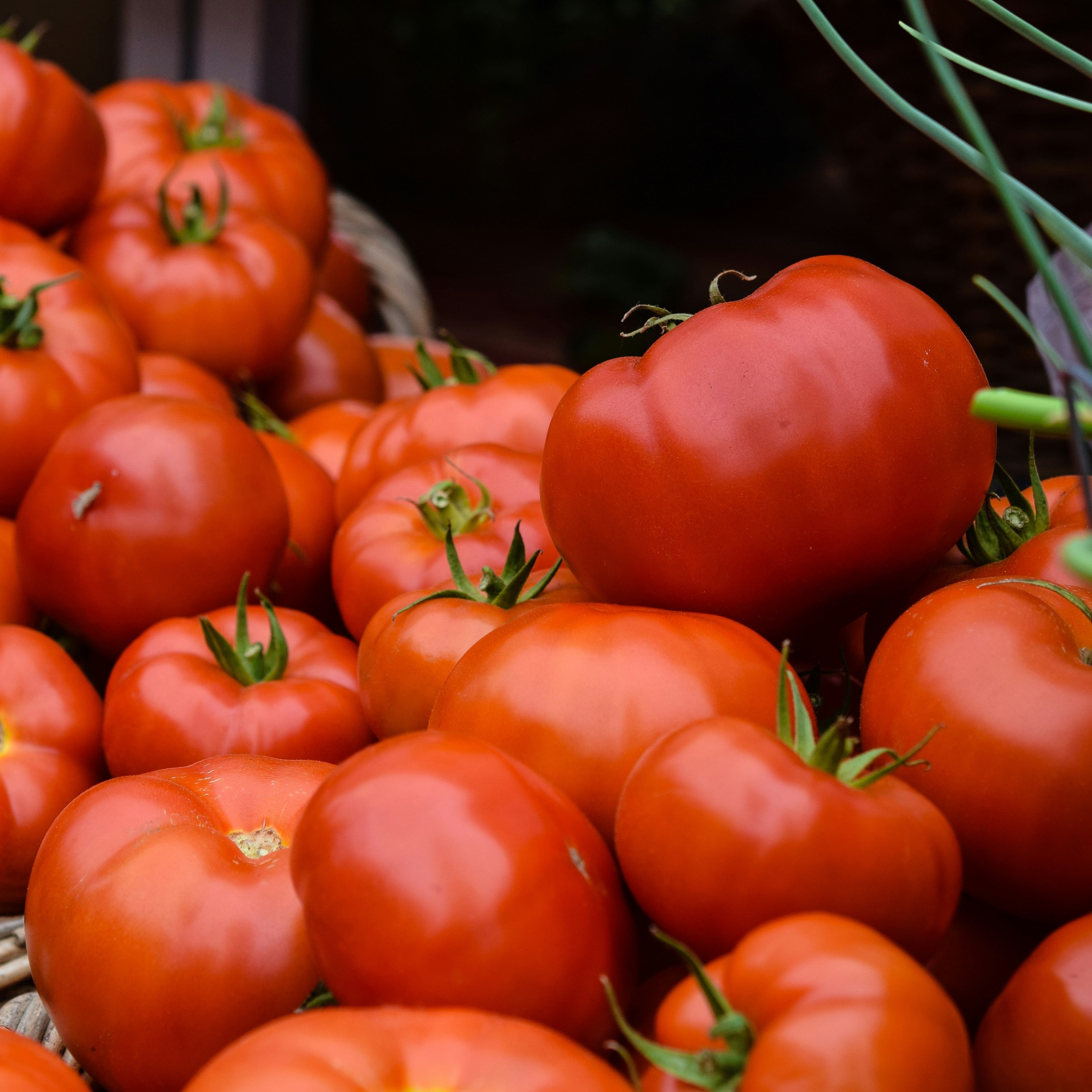NSF grant awarded to study what happens when plants “overspend”
Article Highlights
- Michigan State University researcher Berkley Walker and University of Wisconsin researcher Hiroshi Maeda were awarded a $1.9 million grant from the National Science Foundation
- Plants must make critical choices during photosynthesis and decide what to do with the carbon they take in
- The research will study how plants compensate when they “overspend” that carbon
Researchers Berkley Walker and Hiroshi Maeda have been awarded a total of $1.9 million grant from the National Science Foundation to study how plants compensate when they “overspend” the carbon that they take in during photosynthesis.
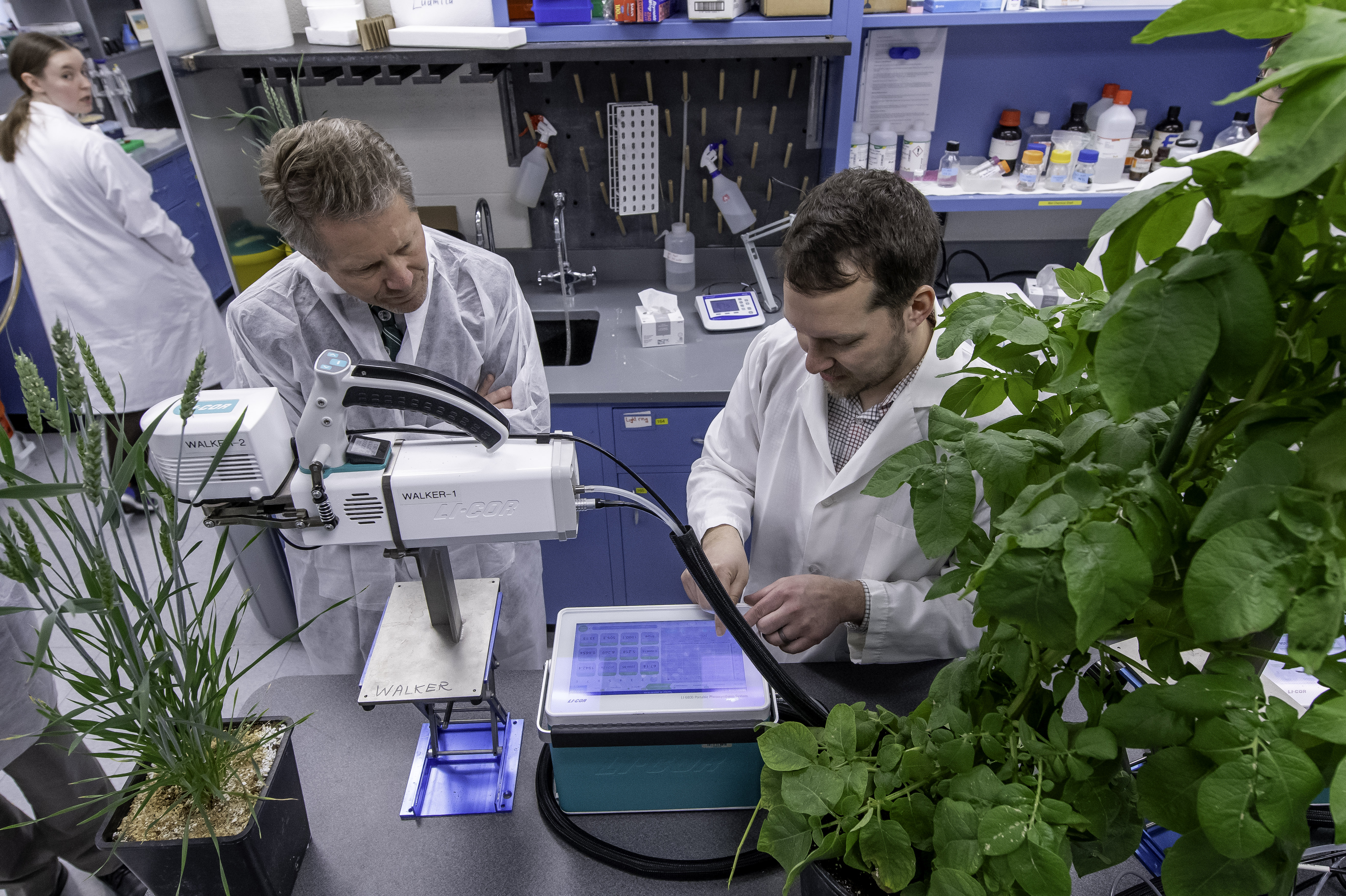
Credit: David Trumpie
Plants make their own food through photosynthesis. They grab carbon dioxide from the atmosphere to make sugars and other compounds, which are basic building blocks for everything that is a plant. Once it has the carbon, the plant must decide what to do with it. What types of sugar should it make? Will it make starch, animo acids, lignin? These are critical choices the plant needs to make to grow, but also are important to humans and livestock that depend on them for sustenance and nutrition.
The process that grabs the carbon dioxide from the atmosphere is known as the Calvin Benson cycle. Researchers have long assumed that the plant has to be careful with how much carbon the plant takes from the cycle. Like a bank account, the plant cannot withdraw, or “overspend,” too much from the cycle without disastrous effects.
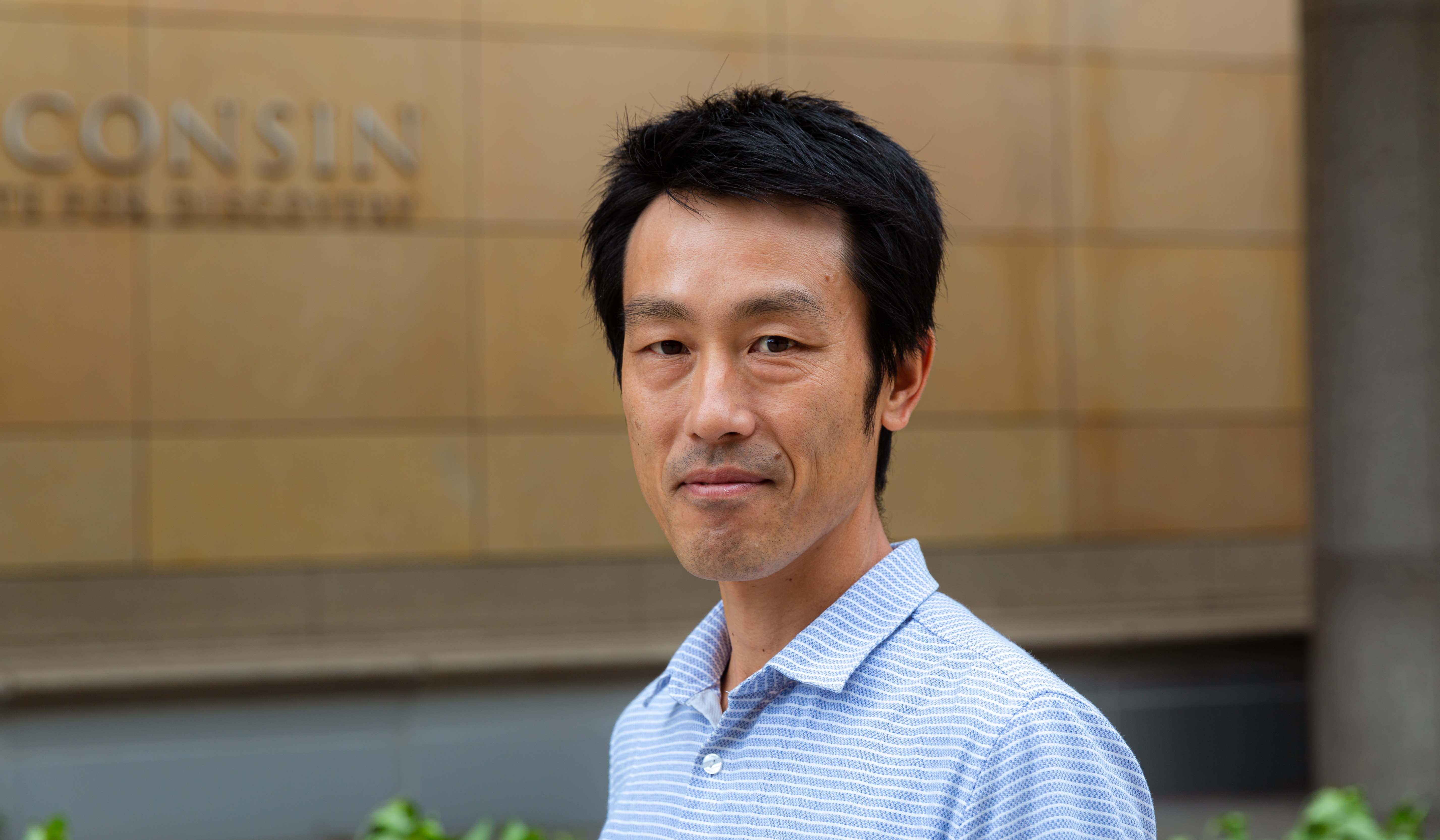
Hiroshi Maeda, professor of botany from the University of Wisconsin
Credit: Colton Mansavage
However, within the last few years, Hiroshi Maeda, professor of botany from the University of Wisconsin, found a way to deregulate this carbon removal from the Calvin Benson Cycle, and overdraw on the account. Surprisingly, his group found that the plant simply increases its rate of photosynthesis to make up the difference.
“That is the part of the grant that is interesting to me,” said Walker, associate professor in the Michigan State University-Department of Energy Plant Research Laboratory and the MSU Department of Plant Biology. “How is it that you can take more [carbon] from photosynthesis and it just gives you more? This is like having a salary that increases when your bank balance is too low!”
The Walker lab will investigate this question. This research fits in well with their current mission, analyzing carbon flux through plant metabolism. This is essentially studying plant metabolism, like an accountant monitoring cash flows through the various bank accounts that a plant maintains. Like your money in the bank, there are a myriad of things the plant can spend the carbon on. How does it decide?

Berkley Walker, associate professor at Michigan State University
Credit: Emily Walker
“You see a lot of talk about wanting to ‘hack’ plants,” Walker said “For example, people have talked about making different medicines in plants, and the assumption is if you can teach the plant how to do it, it will make an unlimited supply of this medicine. But the reality is the building blocks for that medicine have to come from somewhere, and they come from photosynthesis.”
Walker will look at whether or not the plants can keep up with the demand of added photosynthesis from a re-engineered plant.
Maeda is interested in aromatic amino acid synthesis, which is where the carbon goes when it leaves the Calvin Benson cycle. Amino acids are important to not only the plant but to human health. Increasing the production of aromatic amino acids also paves the way for sustainable, plant-based production of aromatic chemicals, which are currently largely derived from fossil fuels.
“The fundamental understanding of how plants absorb CO2 from the air and convert them into various aromatic chemicals will allow us to improve the production of these valuable compounds in plants and perhaps sequester more CO2 in plant biomass,” said Maeda.
“We are very much looking forward to working with Walker's lab on this project and would like to thank NSF MCB program for supporting our work.”
